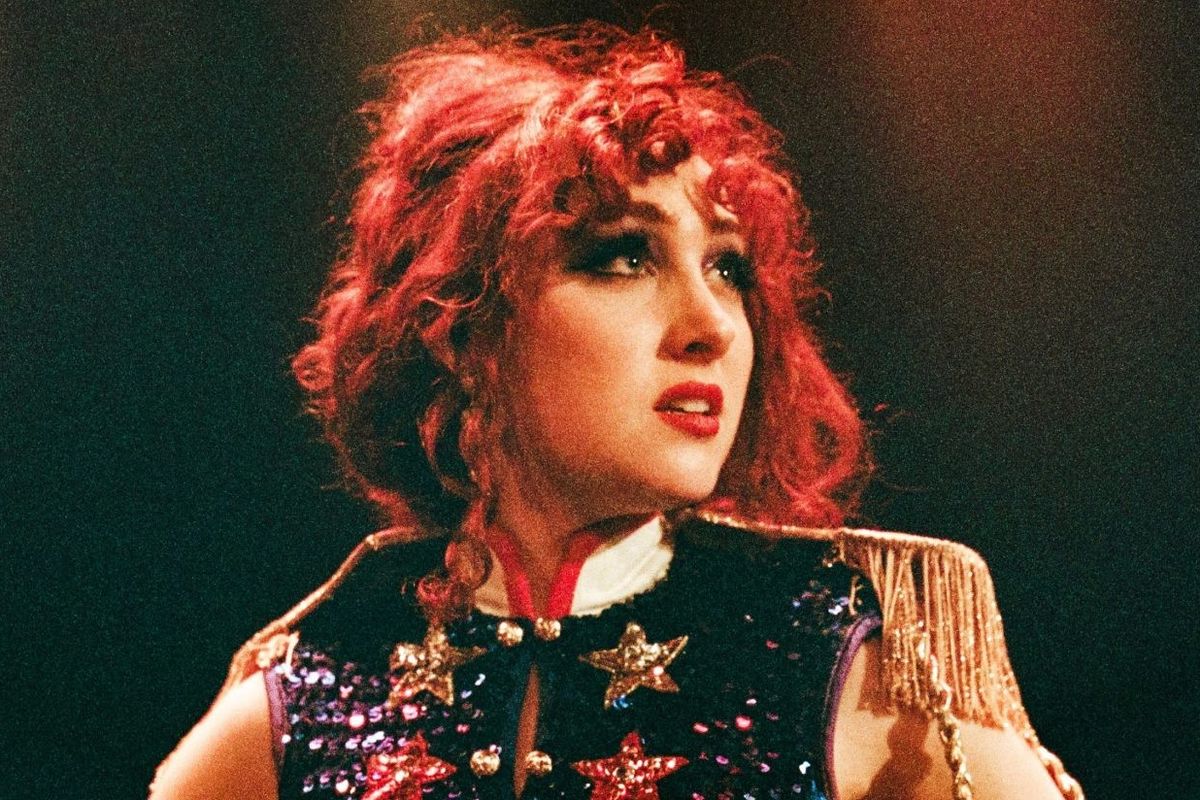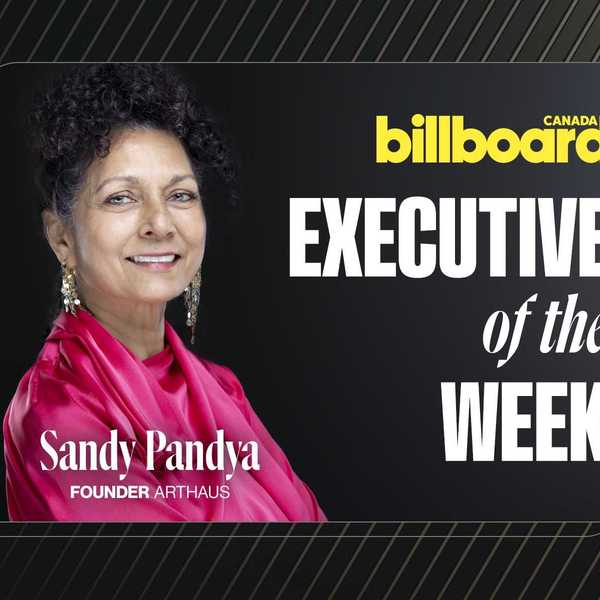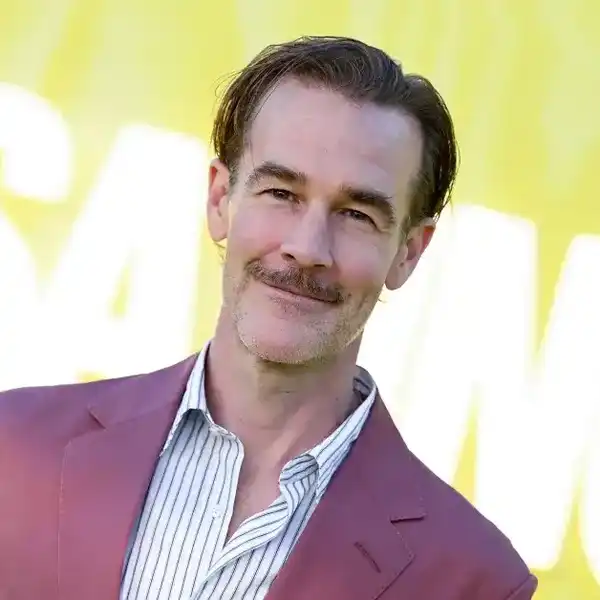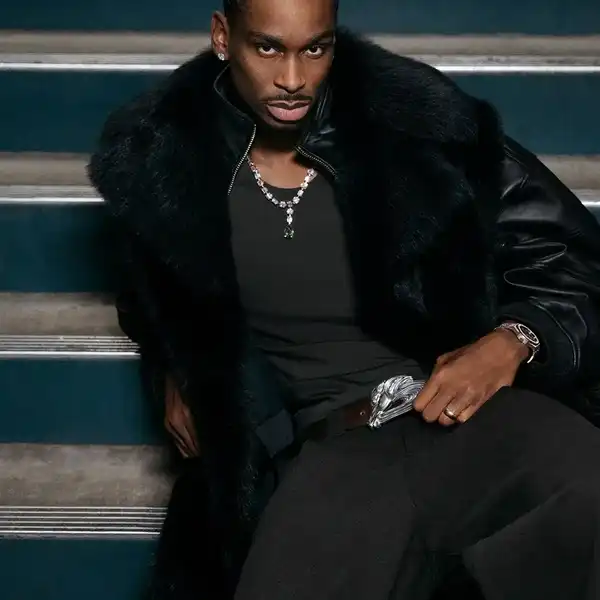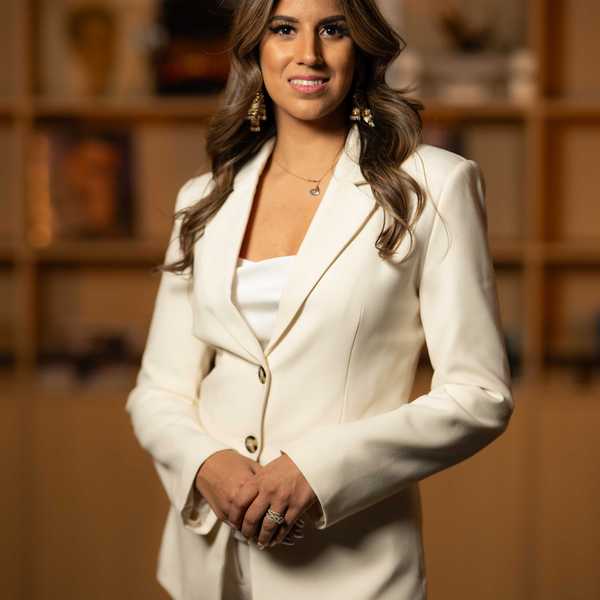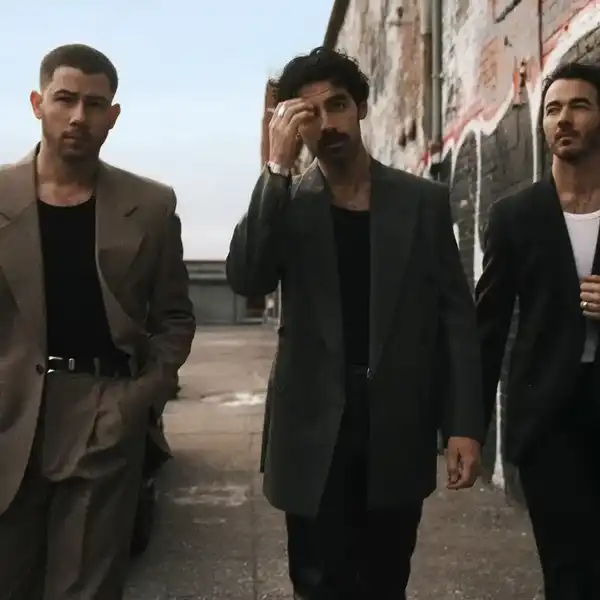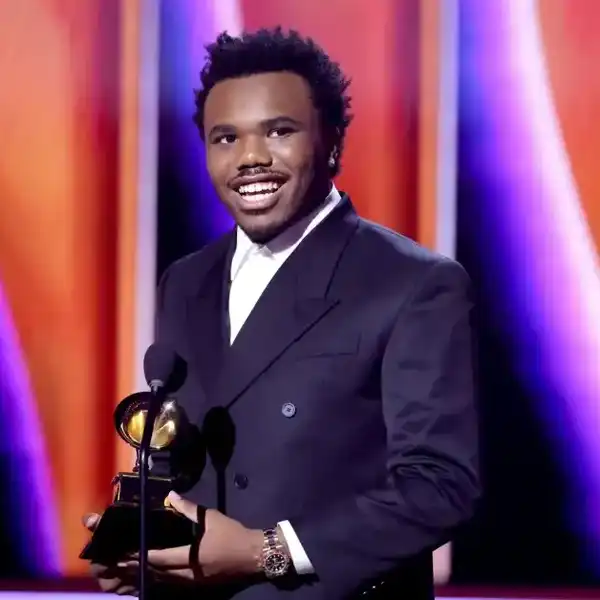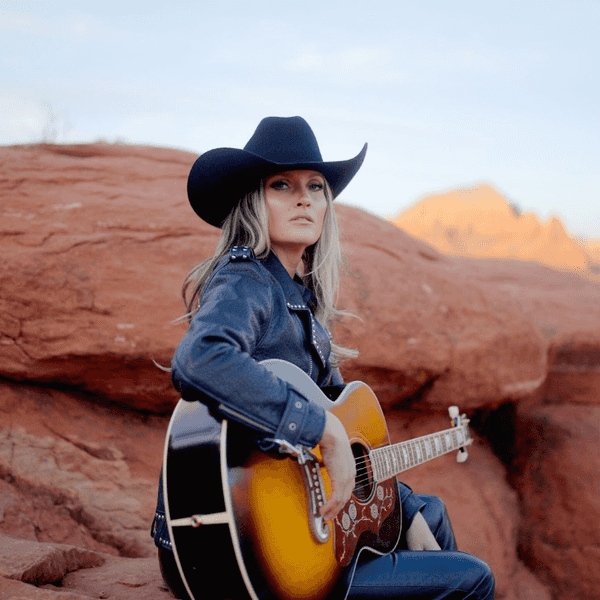
By David Farrell
CTV announces We Celebrate: Class of 2020 all-star network special in June
CTV and youth-focused charitable organization WE have teamed up for a one-hour primetime special which will air Saturday, June 6 to celebrate students and educators who have been making a difference throughout the school year and have been supporting their communities during the Covid-19 crisis.
The special will be hosted by Lilly Singh and feature a lineup delivering Canada’s 2020 valedictorian addresses and performances, says the news release.
Joining Singh will be Tyrone Edwards, Selena Gomez, Brett Kissel, Shawn Mendes, Shay Mitchell, Natalie Portman, Jacob Tremblay, Liz Trinnear and Chloe Wilde, alongside WE co-founders Craig and Marc Kielburger.
WE Celebrate: Class of 2020 will air Saturday, June 6 at 8 pm. on CTV and CTV platforms.
Edgar Bronfman Jr. named FuboTV’s Executive Chairman
The American OTT service focuses primarily on channels that distribute live sports, including NFL, NBA, NHL and international soccer, plus news, network television series and movies. The new FuboTV is the result of the merger of FuboTV and Facebank Group, which closed April 2. Facebank said it obtained a line of credit of $100M for the benefit of the OTT network.
In January 2020, The Information website reported FuboTV currently has between 300,000-400,000 subscribers. – Variety
By the numbers: Spotify’s Q1
The company reported sales of 1.85B euros with a loss of 0.20 euros per share in the first quarter. Wall Street analysts expected the company to post sales of 1.86B euros with a loss of 0.47 euros. Last year, Spotify’s revenues were 1.51B euros, while the losses were 0.79 euros per share. Despite missing the revenue estimates, Spotify reported more subscribers than analysts predicted, which drove the stock price higher.
Spotify’s gross margin in the first quarter was 25.5%—up from 24.7% in the first quarter of 2019.
The company reported 16% growth in its operating expenses in the quarter, which resulted in operating losses of 17M euros in the quarter. Last year, the operating losses were 47M euros. – Sneba Nahata, Market Realist
Sean Ross waves a flag for radio rising to the challenge during today’s troubles
Radio is again giving me hope. For much of the last 5-6 years, my message to broadcasters had a thru-line — the need to take control of the infinite dial and remain the chief purveyors of audio, something they could only hope to do through an industry-wide initiative. In saying those things, I often felt like I was calling for the mandatory issuance of unicorns by an industry that was too overwhelmed to get through each day, much less make ambitious plans. But if that wasn’t the answer, what was?
There is something oddly encouraging in knowing that radio has left itself with no choice but to regroup. Up to a point, it was possible to position all consolidation as “better local through national.” Now the seams in that strategy are showing. Crisis confirms that local information still matters and the numbers for our all-news FMs make it empirical, not merely broadcasters’ convention rhetoric … Sean Ross, on Radio Insight
The fate of the news in the age of the coronavirus
Nine years after instituting a paywall, the gamble has clearly paid off for The Times which now has more than five million subscribers, and its newsroom has swelled to more than seventeen hundred journalists—the largest it’s ever been. Numerous other legacy publications have since unveiled their own metered paywalls, including the Washington Post, in 2013, The New Yorker, in 2014, and The Atlantic, last year. Local newspapers across the country, struggling with a collapse of classified advertising, declining print circulation, and diminished ad revenue, followed suit, but with much less success. – Michael Luo, The New Yorker
Pop radio in decline, streaming on the rise: How the coronavirus is changing what we listen to
Instead of listening in the car, people are calling on digital assistants like Amazon’s Alexa and Apple’s Siri to fire up some music while they cook. That’s not only affecting the types of audio services people are listening to, but also the type of music they’re listening to. – Julia Boorstin, CNBC
Canada is quietly building the trading empire of the world
How global warming has opened up the fabled Northwest Passage.
Barcelona’s El Pony Pisador performs Stan Rogers’ Northwest Passage
Westward from the Davis Strait 'tis there 'twas said to lie
The sea route to the Orient for which so many died;
Seeking gold and glory, leaving weathered, broken bones
And a long-forgotten lonely cairn of stones.
Scenes of silence around the world
As much of the globe continues to stay home to practice social distancing, vibrant cities have gone quiet, and animals are freer to roam. The rare absence of human activity grants us a special glimpse of what the world might be like without us in it. Jeffrey Brown reports for PBS.
This teacher's covid music video had ET’s anchors in stitches
Music teacher Trey Callaway’s Twitter feed caught everyone by surprise with its unadorned conciseness. Our ET Canada anchors set it up for us.
How the London School of Economics sees the post-virus economy
Director Minouche Shafik outlines potential economic changes for the U.K. and global economy following the coronavirus pandemic. She speaks with Bloomberg’s Francine Lacqua on Bloomberg Surveillance.
What coronavirus means for the global economy
Billionaire hedge fund manager Ray Dalio has said that while the coronavirus outbreak is devastating, it may also be a turning point in history — one that could pave the way for greater societal progress. As of 2019, it had approximately US$160B in assets under management.
This virtual conversation is part of the TED Connects series, hosted by head of TED Chris Anderson and business curator Corey Hajim that was recorded April 8, 2020.
Why is America’s death toll so high? | The Economist
Did the World Health Organisation fail to act on China's Covid-19 cover-up? | 60 Minutes Australia
If you’re on the wrong side of U.S. President Donald Trump you certainly know about it, and right now, the focus of his fury is the World Health Organisation. He accuses the W.H.O. of being China’s lapdog and says it’s responsible for helping the communist regime hide the true extent of the coronavirus disaster. As punishment Trump has withdrawn American funding to the organisation. Australia too has questions about the W.H.O., specifically what it did in China and when? By comparison with the U.S. leader though, our prime minister Scott Morrison is far more diplomatic. He wants a review of the W.H.O’s role, but he’s also proposed the health body be given additional powers, including the right to forcibly enter countries to avoid repeating the COVID-19 disaster. Liz Hayes asks the question - who exactly is the W.H.O?

